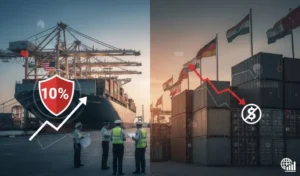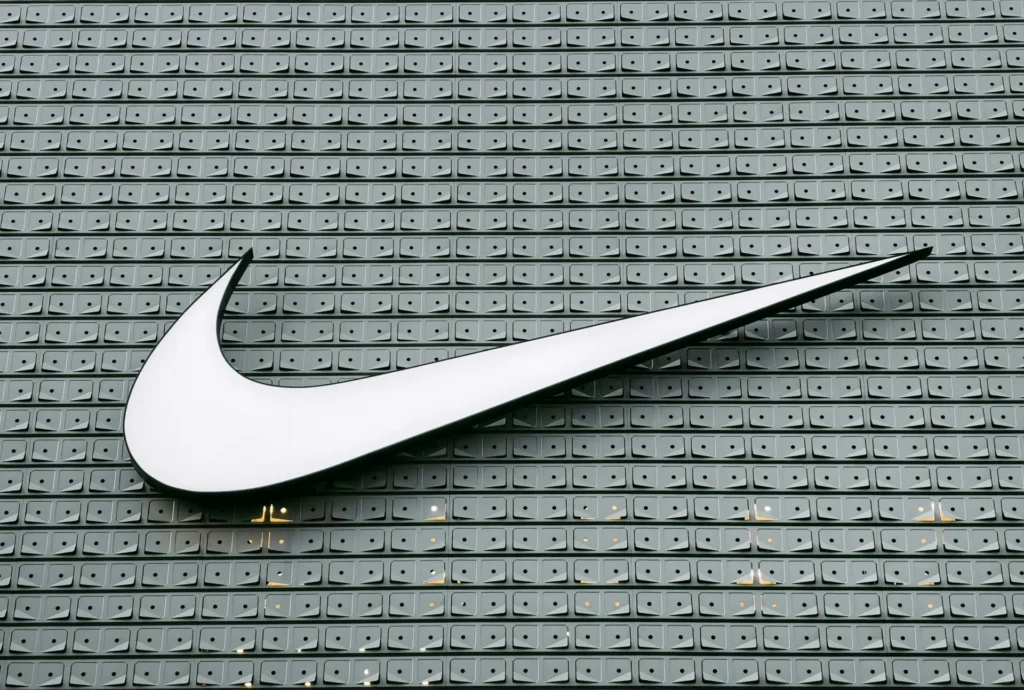Nike will raise prices on several shoes and clothing items beginning June 1, citing ongoing business and seasonal evaluations. Although the company avoided directly linking the hike to US tariffs, it acknowledged the broader economic uncertainty affecting operations.
Shoes priced above $100 cost up to $10 more, while clothing and gear could rise between $2 and $10. Nike emphasized its commitment to regularly reviewing prices based on demand, costs, and market conditions worldwide.
In March, Nike’s CFO Matt Friend told investors that tariffs were part of several external issues disrupting the retail climate. He added that the company monitors consumer confidence’s response to rising costs and economic unpredictability.
The price hikes will not apply to popular Air Force 1 sneakers, children’s items, or Jordan-branded apparel and accessories. Nearly all Nike products are manufactured in Asian countries like Vietnam, Indonesia, and China—regions now facing steep US tariffs.
The US imposed a 10% base tariff on imports, with much higher “reciprocal” tariffs possibly resuming after a July deadline. Companies typically pay these import taxes and pass the added cost directly to American customers.
Vietnam makes half of Nike’s footwear and over a quarter of its clothing, making the company highly tariff-sensitive. Trump’s administration placed Vietnam under one of the highest tariffs at 46%, adding financial strain to Nike’s production chain.
Meanwhile, Nike’s online sales have fallen in all markets, particularly Europe, China, and the Middle East, where drops exceeded 20%. To regain momentum, Nike resumed direct sales through Amazon after ending that relationship in 2019 to boost its website traffic.
The company also brought back executive Elliott Hill to help lead a turnaround, focusing on the US, UK, and Chinese markets. As Nike raises prices due to tariffs, industry watchers anticipate potential shifts in consumer behavior and retailer competition across categories.








